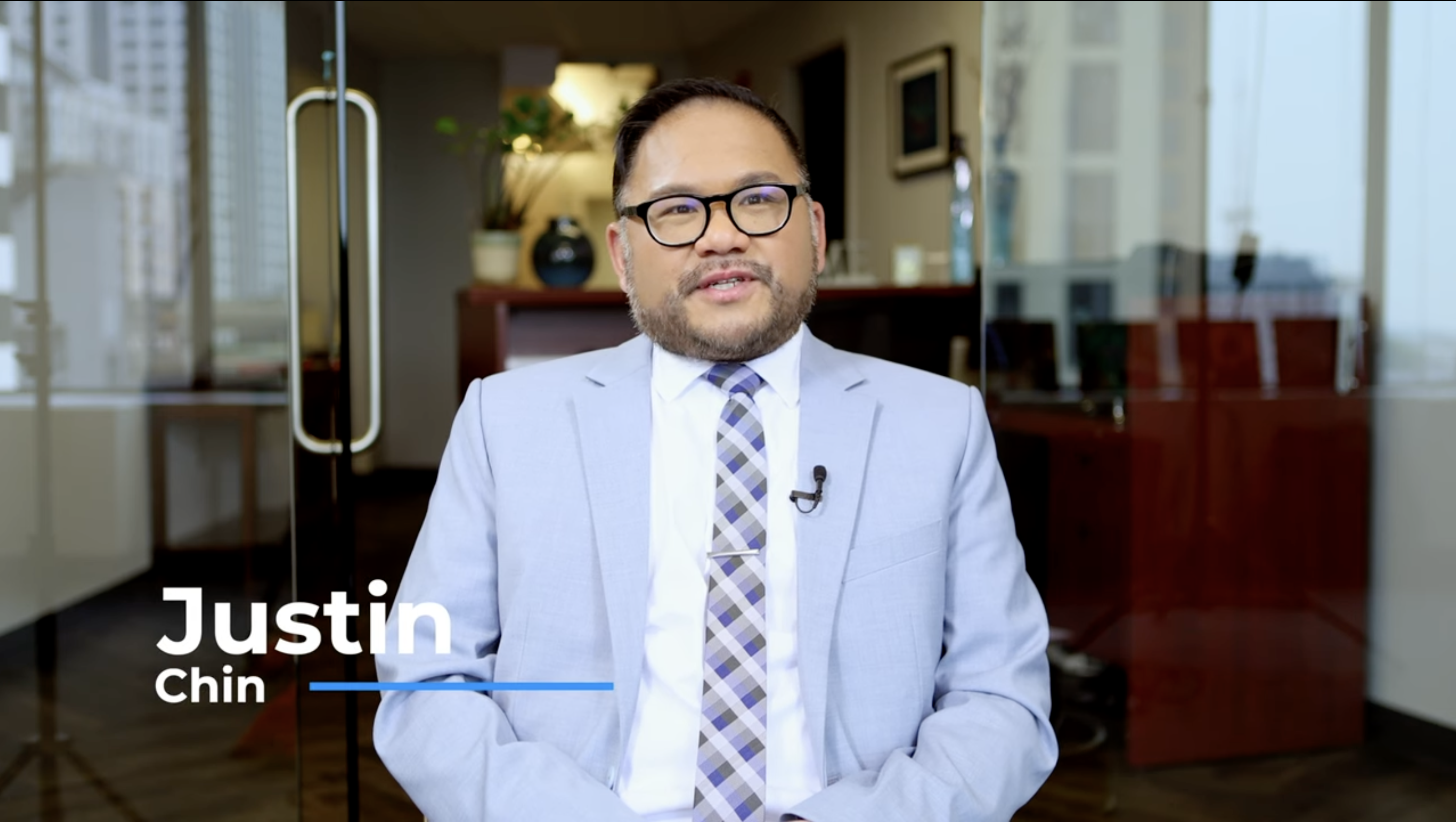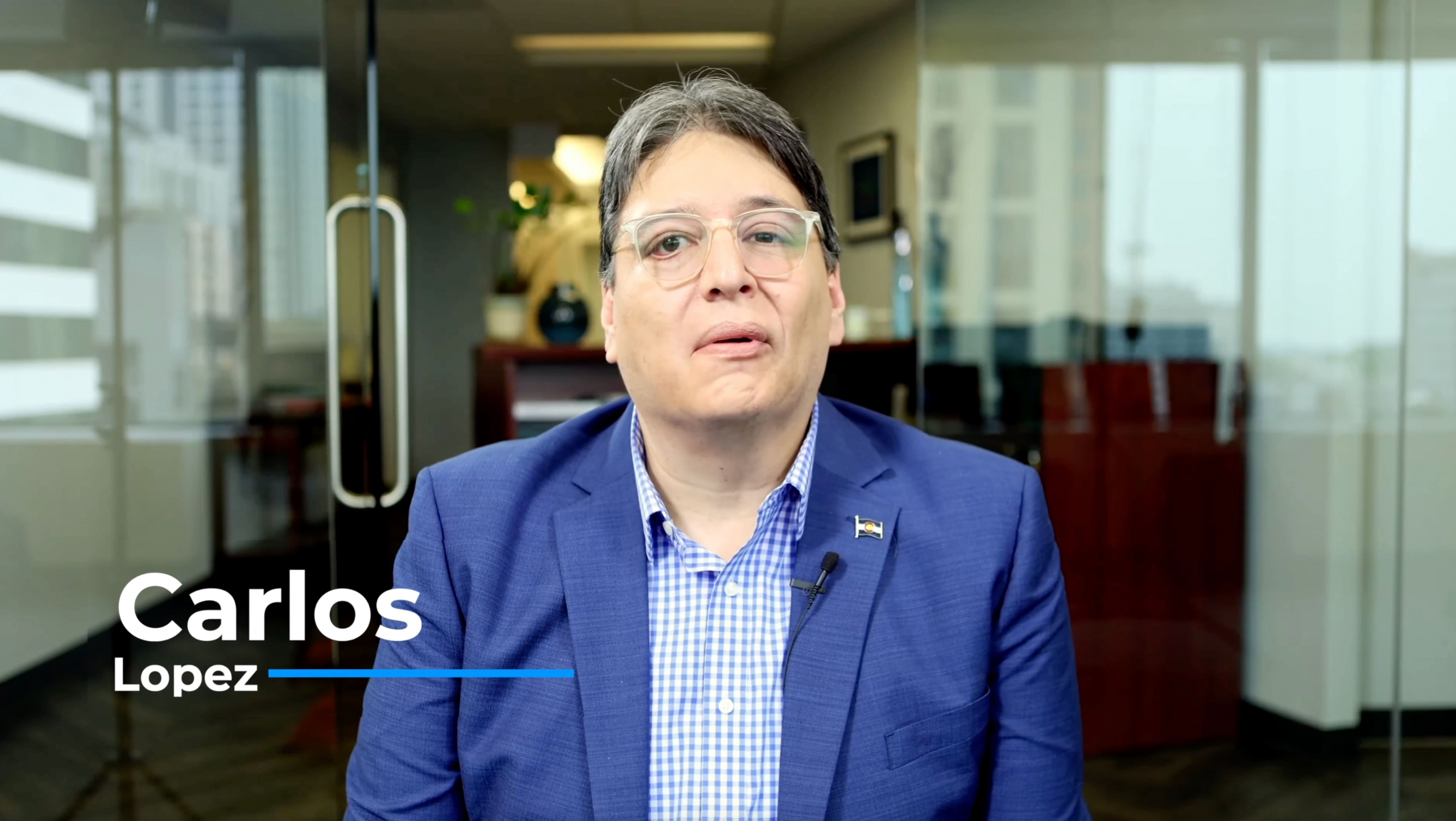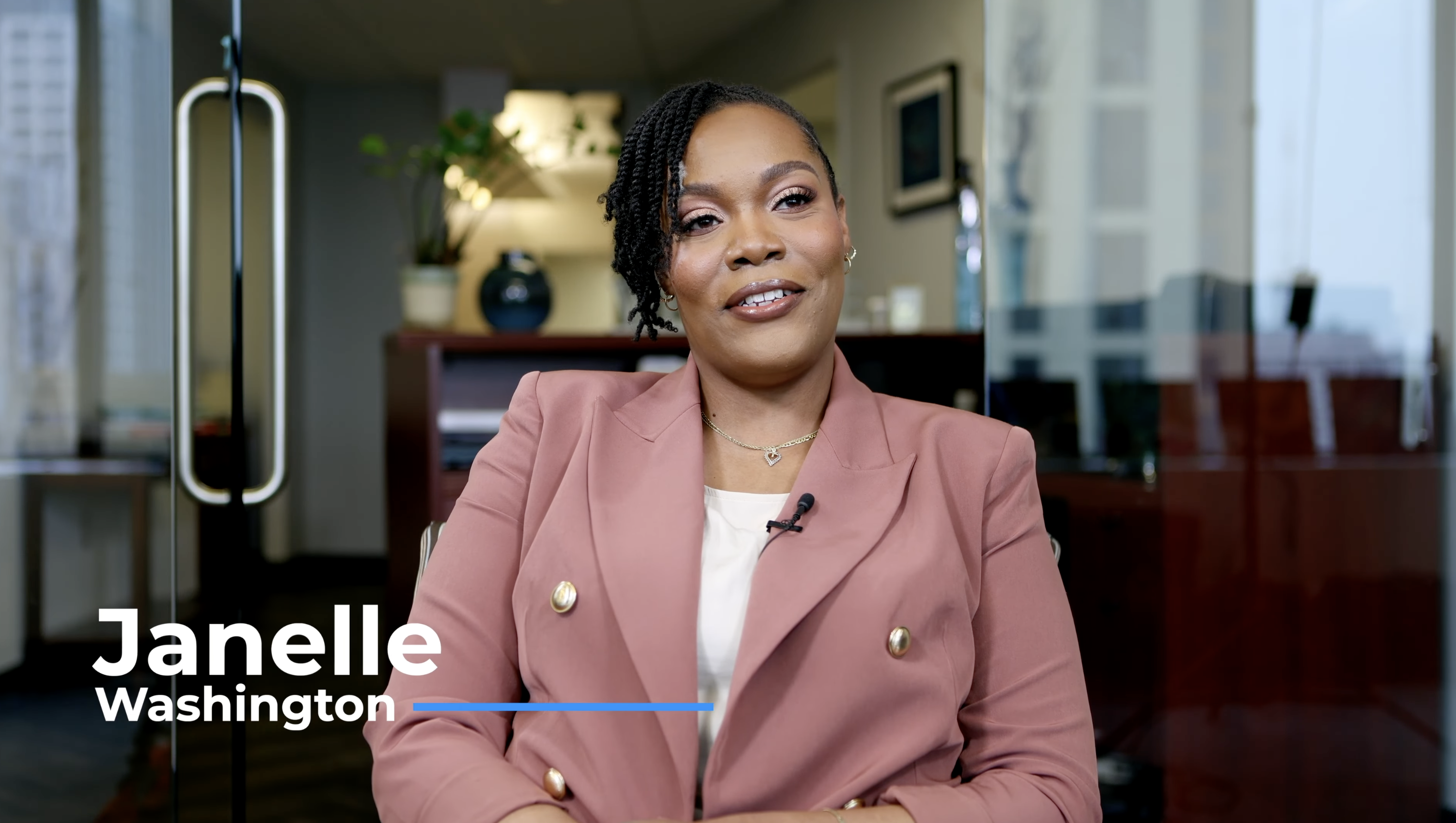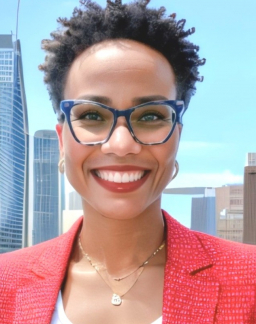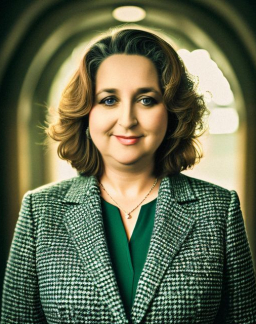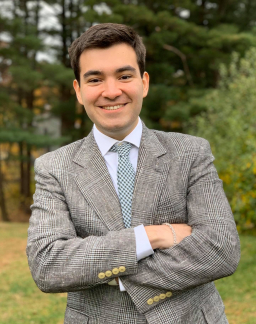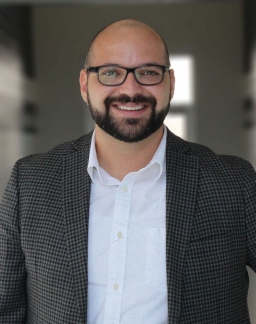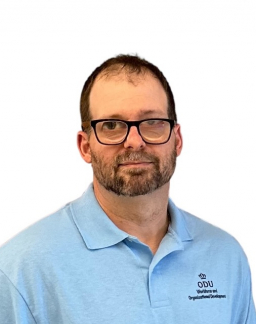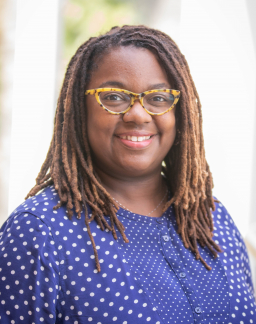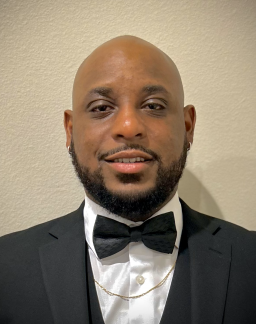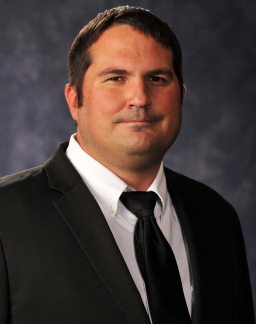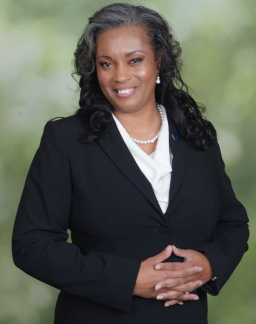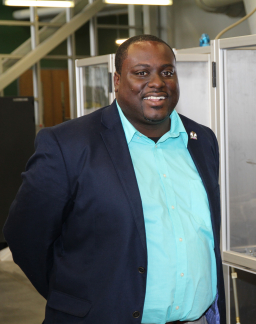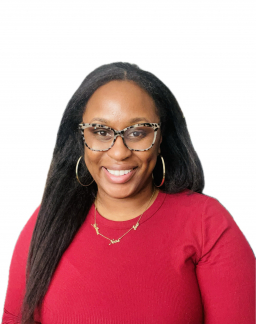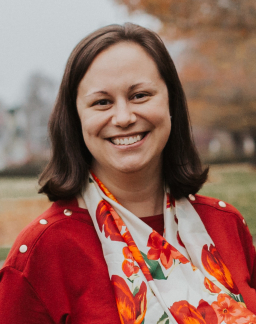Postsecondary State CTE Leaders Fellowship
Home » What We Do » Initiatives » Postsecondary State CTE Leaders Fellowship
Postsecondary State CTE Leaders Fellowship
The Postsecondary State Career Technical Education Leaders Fellowship at Advance CTE – Sponsored by ECMC Foundation strives to address the growing shortage of state postsecondary Career Technical Education (CTE) leadership by closing racial representation gaps and removing equity barriers to leadership advancement. Through individualized supports, intentional networks and a real-world fellowship project, Advance CTE – ECMCF Fellows are gaining the skills and connection to pursue leadership positions and advance high-quality, equitable state postsecondary CTE systems.
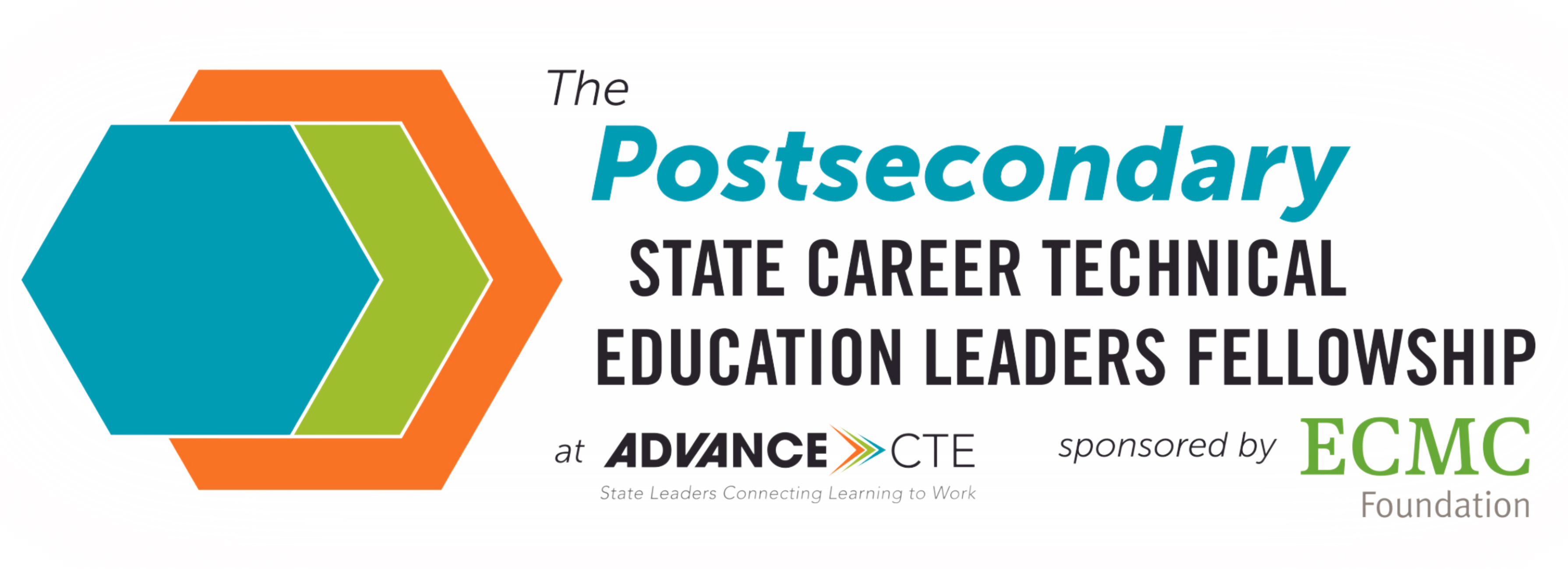
State Career Technical Education (CTE) systems face the dual challenge of a growing shortage of postsecondary leaders and significant representational diversity gaps, particularly racial diversity. Postsecondary CTE leadership must reflect the 3.5 million learners they serve.
Advance CTE launched the Postsecondary State CTE Leaders Fellowship at Advance CTE sponsored by ECMC Foundation (Fellowship) in Fall 2021 with a goal of supporting and equipping mid-career postsecondary CTE leaders with the knowledge, tools and network to effectively lead high-quality and equitable postsecondary CTE at the state level.
Advance CTE designed the Fellowship’s curriculum to meet the defined and evaluated needs of the inaugural cohort of Fellows with continued implementation and application with the second cohort, launched in Fall 2022. The members of the Fellowship are as diverse geographically as they are demographically with 19 states represented across two cohorts, with over 70 percent of each cohort representing marginalized populations
Fellows gain strategic, equity-minded leadership skills and build networks to address systemic inequities and advance high-quality, equitable state postsecondary CTE systems through:
Interactive, in-depth virtual workshop with a curriculum rooted in quality, equity and collaboration
Intentional spaces to build relationships with Fellows, national CTE leaders and the ECMCF CTE Leadership Collaborative
Individualized coaching
Fellowship participant stipends
Organizational convenings and presentations
Completion of real-world fellowship project in their community
The need for this Fellowship was reflected in receiving over 150 applications across the two cohorts. Intentional selection of Fellows representing diverse identities across geography, race, ethnicity, gender and sexual identity, socioeconomic background and more were reflected in over 70 percent of the Fellowship’s participants. Advance CTE-ECMCF Fellows have already leveraged skills and networks gained through the Fellowship to pursue career advancement — five Fellows have been accepted into doctoral programs, and 45 percent of Fellows were promoted during participation in the Fellowship.
To extend learning from this initiative, Advance CTE developed a suite of resources to assist state leaders with building the knowledge and skills to design equitable state systems and CTE programs for all learners; share the leadership stories and journeys of leaders of color; and equip CTE leaders to build administrative systems and inclusive cultures that foster and sustain diverse CTE leadership pipelines. These resources include a series of briefs featuring real-world projects from Advance CTE-ECMCF Fellows.
Each cohort of Fellows is comprised of professionals from diverse career pathways with substantial knowledge of and experience in CTE including aspiring leaders from: state education agencies, labor and workforce agencies; two and four-year colleges and area technical centers; nonprofits and career technical student organizations; and industry.
Additional information about this opportunity can be found in the Fellowship fact sheet.
If you have any questions about the Fellowship, contact Senior Advisor Dr. Kevin Johnson at [email protected].
Meet our 2024-2025 Fellows!
Journey to CTE Leadership
The son of Chinese immigrants who worked 16-18 hour days, 360 days a year, Justin Chin is invested in CTE to create a better life and a better world for people like his parents. An alumni of The Postsecondary State Career Technical Education Leaders Fellowship at Advance CTE – sponsored by ECMC Foundation, Justin shares his personal journey to state CTE leadership, how the Fellowship helped him on his journey, and recommendations for state leaders on how to create welcoming spaces for diverse, aspiring leaders.
Forced to find employment after the abrupt closing of her lab, Dr. Dimitria Harding worked her way from adjunct professor to Vice President of Academic and Student Affairs. An alumni of The Postsecondary State Career Technical Education Leaders Fellowship at Advance CTE – sponsored by ECMC Foundation, Dr. Harding shares her personal journey to state CTE leadership, how the Fellowship helped her on his journey, and recommendations for state leaders on how to create welcoming spaces for diverse, aspiring leaders.
The grandson of a “ditch digger,” Carlos Lopez is a first-generation college graduate who pursued state-level CTE leadership to make a larger impact in the lives of underserved learners. An alumni of The Postsecondary State Career Technical Education Leaders Fellowship at Advance CTE – sponsored by ECMC Foundation, Carlos shares his personal journey to state CTE leadership, how the Fellowship helped him on his journey, and recommendations for state leaders on how to create welcoming spaces for diverse, aspiring leaders.
Janelle Washington is passionate about navigating the intersection of higher education and the criminal legal system. Inspired by her granddad, an ironworker, Janelle saw CTE as a natural place to pursue her passion. An alumni of The Postsecondary State Career Technical Education Leaders Fellowship at Advance CTE – sponsored by ECMC Foundation, Janelle shares her personal journey to state CTE leadership, how the Fellowship helped her on his journey, and recommendations for state leaders on how to create welcoming spaces for diverse, aspiring leaders.
2024-2025 Fellows
This third cohort of the Fellowship is made up of 20 Fellows across 16 states and the District of Columbia, from diverse geographic and demographic backgrounds who are preparing to lead postsecondary CTE agencies and institutions.
Meet our alumni to connect with some of the brightest and greatest minds in postsecondary CTE and workforce development

